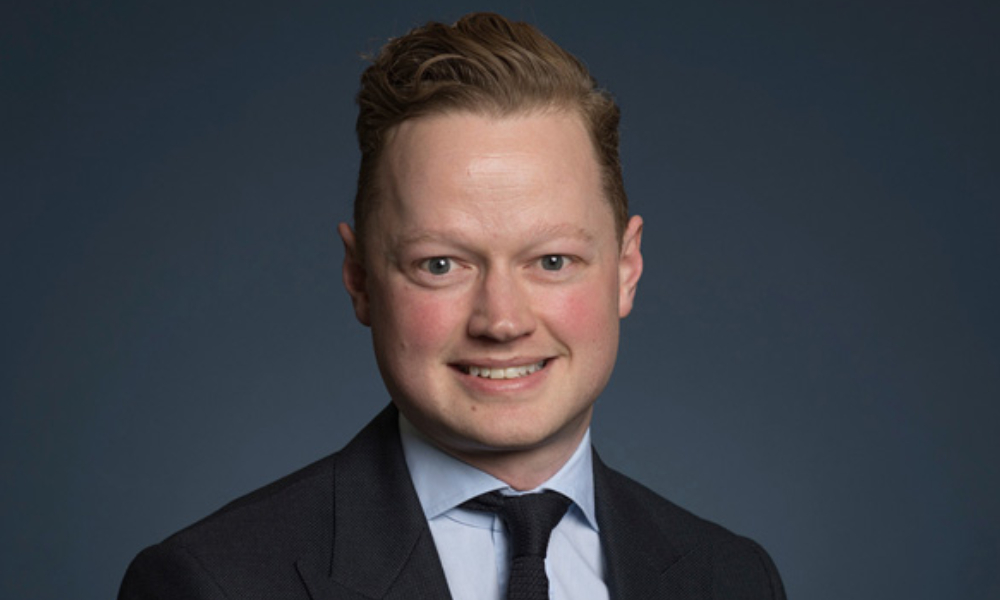
Ed McGimpsey believes adaptability and confidence are key to succeeding in a rapidly evolving profession

Ed McGimpsey’s New Zealand homecoming could not have come at a better time. Re-joining Buddle Findlay after a four-year stint at a major firm in London, his return paved the way for his involvement in some of the country’s largest infrastructure procurement projects.
But his arrival also coincided with the COVID-19 pandemic, which brought new challenges to the profession – and required McGimpsey to adapt to different working conditions.
In this interview, the senior associate talks about the biggest projects he has taken on, what his return to New Zealand has been like, and how being “multi-specialists” can help lawyers succeed in the rapidly evolving profession.
I chose to go to law school because I was stronger in, and had a preference for, arts and humanities at secondary school. That said, I certainly didn’t set out a law school wanting to be a lawyer – I got on that path after summer clerking at Buddle Findlay, where I had a great experience, met some wonderful people, and started to recognise that I might have a vaguely suitable skill set for the job.
In terms of my favourite part of the job, I enjoy the social/collegial side of the profession, and the fact that you are constantly learning, teaching, and generally trying to improve.
I was exceptionally lucky in my time in the UK. I got a brilliant job at Slaughter and May, in a busy team doing some interesting and market-leading work. Particularly memorable are the series of offshore windfarm projects that I worked on for Ørsted Energy – these were ground-breaking projects in terms of their size (Horsea P1 will be the largest offshore windfarm in the world when completed) – and the fact that they demonstrated the commercial viability of the offshore wind market in the UK, that such projects could stand on their own two feet without the support of government subsidies – which, given the shift of towards renewables, was exciting to be a part of.
This past year saw me transition back to New Zealand after four years in the UK and to move to Auckland, having grown up in Wellington. I'm very happy to have returned to re-establish life in New Zealand, and for that timing to have worked out as well as it did. I had planned to return in March 2020, totally unrelated to the COVID-19 pandemic, and as it turns out that timing was spot on.
From a work perspective, I'm really proud of the work that I am involved with for Auckland Transport at the moment, supporting them on a number of their large-scale public transport procurement exercises – notably the current rail service franchise.
I think the profession and law firms need to consistently review and adjust how we train lawyers, particularly junior lawyers. As we move towards a more remote style of working, embrace new technologies, and the practice of law evolves and develops, we need to make sure training keeps pace.
Personally, I favour an approach that seeks to encourage lawyers to be multi-specialists, allowing them to be confident and comfortable stepping outside their favoured practice area when required. I was certainly guilty, as a junior, of finding my particular area (then property) and focusing on that – only to get a real shock when I got to the UK and to see how confident and competent my colleagues were moving across practice areas.
Given I write this during the February Auckland lockdown, I am acutely reminded of the challenges posed by the pandemic. The key challenge for me has been adapting to different working conditions and having to be sufficiently prepared and flexible to move from the office to the home environment. In addition, I definitely miss the office environment and the ability to “drop by” colleagues’ desks to test your thinking and work through an issue.
Ideally, a largely COVID-19 free year, interesting work, and plenty of time with friends and family, particularly those based overseas.